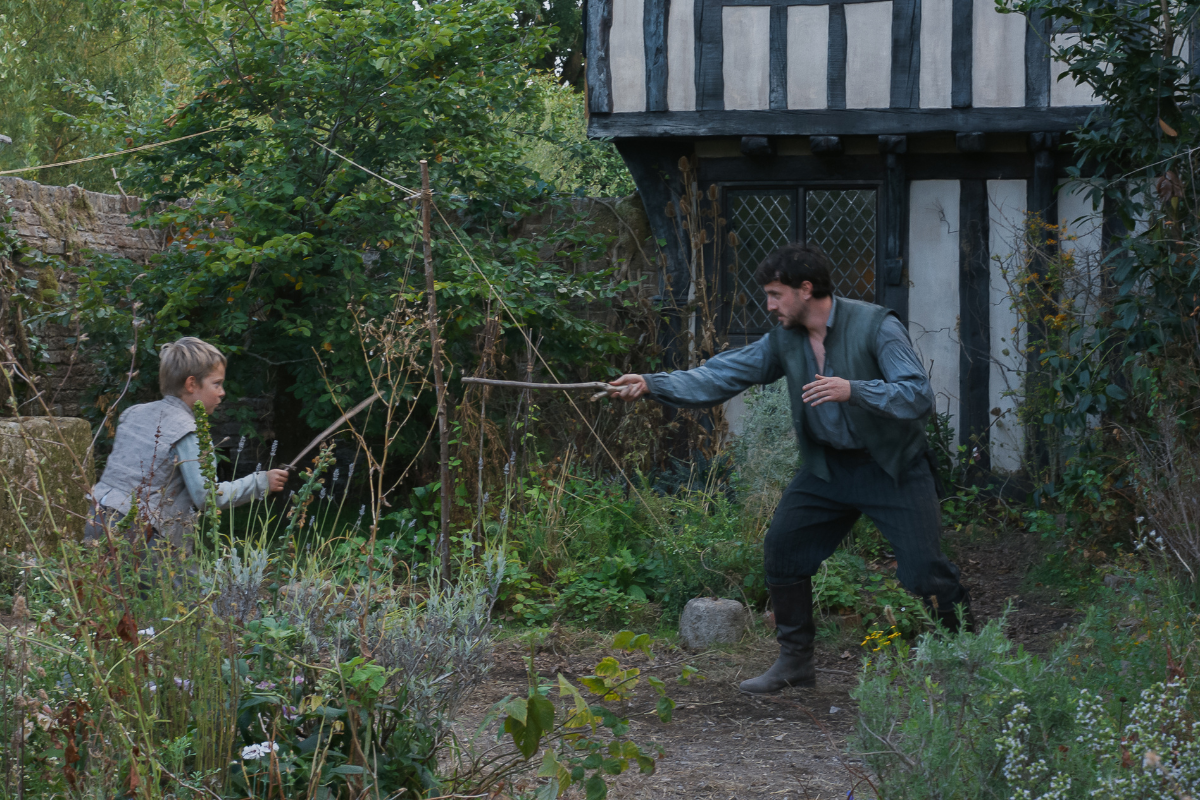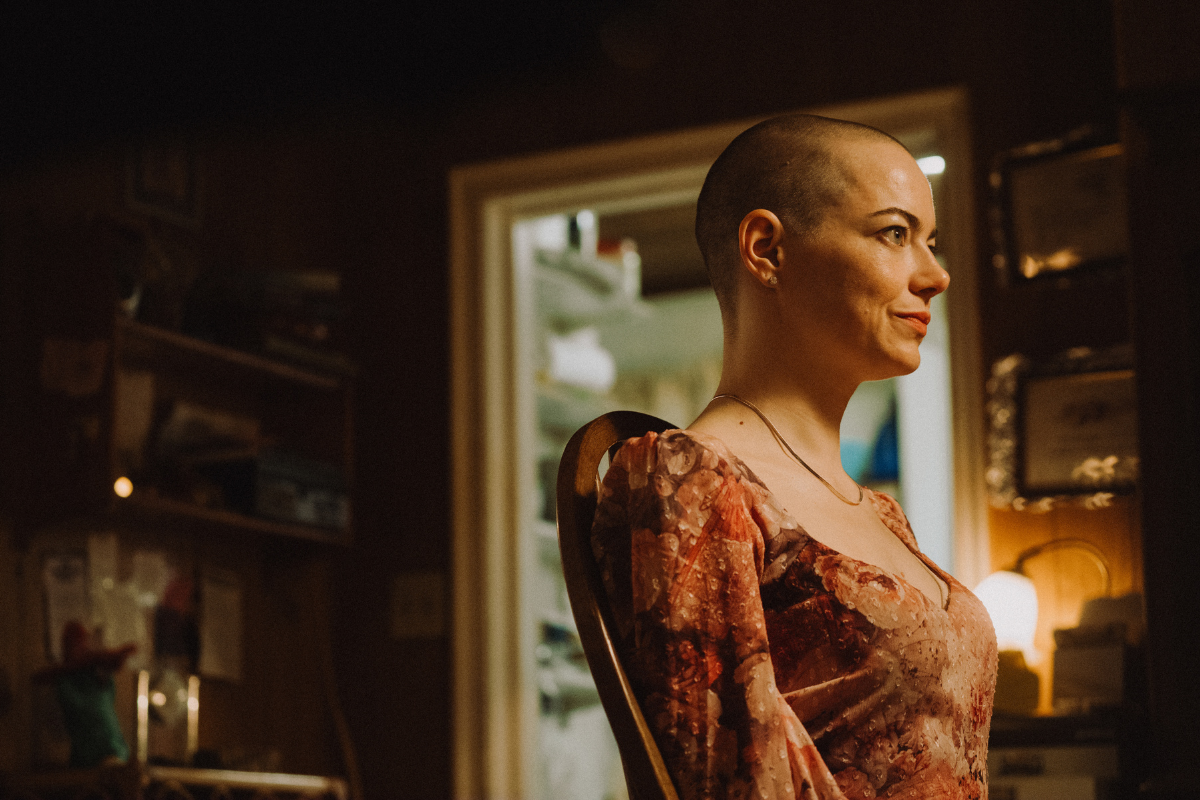Meet the Reader: Should You Use a Script Consultant?
I’ve noticed that there’s been a spate of articles on the webnets lately asking the question “Should you use a script consultant?” Since I am a script consultant, I thought…
I’ve noticed that there’s been a spate of articles on the webnets lately asking the question “Should you use a script consultant?” Since I am a script consultant, I thought I would throw my two cents into the discussion.
First of all, I don’t think you “should” do anything – an analysis by a script consultant is a tool, just as a pencil, paper, and a computer are tools. If you think that this particular tool can help you, then use it. If you don’t think it can help, then don’t use it.
How can a script consultant’s analysis help you? A good script consultant gives you an objective review of your screenplay, assessing its strong points, identifying weak spots, and then offers you suggestions for improving your piece and making it more creatively and commercially viable.
Ultimately, the consultant is offering you her/his opinion and ideas. What makes the consultant’s opinion different from your best friend Larry’s? And what makes the consultant’s ideas different from those you can get from your dear Aunt Sally? The answer is simple: professional expertise.
There are no regulated credentials for script consultants (there’s no mandated course of study and you don’t need a license to become one), but a qualified script consultant should have extensive training in dramatic writing; professional experience in screenwriting or development; and a solid understanding of the marketplace.
I consider myself to be a pretty qualified consultant – I studied dramatic writing and screenwriting at NYU and was a screenwriting fellow at the American Film Institute. I have co-authored 11 produced teleplays and was a staff writer and story consultant on a sitcom. I have written or co-written several optioned screenplays (not yet produced. Not yet). I have worked as a consultant providing analysis and notes for several feature film production companies and for a number of professional screenwriters (giving them feedback to help them fine tune their work before they submit it to the producers and studios that commissioned it), as well as for aspiring writers and students. I’ve been an ongoing judge for several screenwriting contests and I’ve written a book on screenwriting and another on television writing. Six scripts I have consulted on for established screenwriters and aspirants have been produced, at least twenty scripts I have consulted on for aspirants in the past five years have been optioned, and there a few big contest winners in that mix as well (in case you are wondering, that’s a pretty good ratio). Most good consultants have similar backgrounds.
So, what does a consultant do?
When I get a script, I read it through and then prepare a 3 – 5 page written assessment that identifies the work’s strong and weak points. I analyze a screenplay from a number of angles: I analyze it on its own terms, as a piece of dramatic construction (what’s the premise? Is it fresh and interesting? What’s the story? Is it clear and logical? Does it develop, build – with sufficient obstacles, conflict, reversals, and suspense -- and climax in a satisfying manner? Do any subplots support and/or enhance the main narrative? Are the set pieces effective and successful?); I look at the characters (who is the protagonist? Does he have a strong, clear goal? Is he someone I can care about and invest in on some level? Does he have a satisfying arc? Are the supporting characters somewhat fresh or are they just stock? Do they serve a strong, clear purpose in the narrative?). I try to determine what the author’s intentions for the piece are and assess if it has successfully fulfilled those intentions (does the action reflect the theme? Does the story make its intended point?); I also judge the script in accordance with genre conventions and expectations (does the story successfully address all of the expected elements of its particular genre in ways that are not rote or predictable?); I evaluate the script’s entertainment value – is it sufficiently funny or scary or thrilling or romantic or whatever it needs to be? And finally I will offer my assessment of the script’s commercial potential (is this that a big studio might want to buy? An indie production company? Will the script serve as an effective writing sample for its author to help him/her land assignments?).
If I am only doing an assessment I will leave it there. If I have been asked to provide notes, I will then compose 3 – 5 pages of ideas and suggestions for enhancing the script’s strong points and fixing its problems.
At this point, my job is done (although I always make myself available for additional consultation if my client has any questions or issues they want to discuss further). After that, it’s up to the author – he’s free to disregard whatever I say, of course, but hopefully my analysis will help him look at his work with fresh eyes and my notes will help him fix any problems (or inspire him to come up with his own solutions) in ways that will allow the script to fulfill both it’s creative and commercial potential. That’s the purpose of good coverage and the value of a good script consultant.
Of course, not all consultants are created equal. There are some folks out there offering services who don’t have the proper training, experience, and industry savvy. Some of these folks may still be able to offer an intelligent opinion, but experience has taught me that they are usually deficient in one vital axis or another. So, as with anything, be sure to check a consultant out thoroughly before engaging his/her services.
Can you produce a good screenplay without the help of a script consultant? Yes, of course you can. But as is the case with any craftsman, good tools are only going to help you do your job better.
Check out my new books A Quick Guide to Screenwriting, A Quick Guide to Television Writing, and A Quick Guide to Film Directing. All three are handy primers to the art, craft, and business of creating for the big and small screens.
Copyright © 2014 by Ray Morton
All Rights Reserved
No portion of this article may be copied, reprinted, or reposted
without the permission of the author
However, feel free to link to this piece to your heart’s content
- More articles by Ray Morton
- Balls of Steel: Are Script Consultants Worth It?
- Script Angel: Script Feedback
Get a list of necessary qualities and questions to ask BEFORE hiring a script consultant with our FREE download!
Get feedback on your script from
The Story Specialists at The Writers Store
Ray Morton is a writer and script consultant. His many books, including A Quick Guide to Screenwriting, are available online and in bookstores. Morton analyzes screenplays for production companies, producers, and individual writers. He can be reached at ray@raymorton.com. Twitter: RayMorton1







